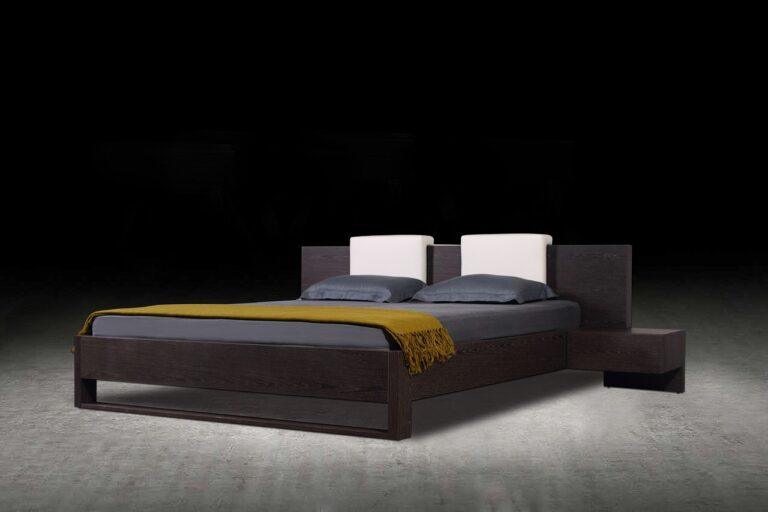Designing a Home Theater for Movie Lovers
When designing your home theater, one key element to consider is the layout of the room. The size and shape of the room will play a crucial role in determining the placement of seating, sound system, and screen. A larger room may allow for more flexibility in terms of seating arrangements and screen size, while a smaller room may require more strategic planning to optimize the viewing experience.
Another important element to consider is the lighting in the room. Proper lighting control is essential in creating an immersive movie-watching experience. Consider installing dimmable lights or blackout curtains to ensure that you can control the amount of light in the room during movie screenings. Additionally, be mindful of any natural light sources, such as windows, and plan accordingly to minimize glare on the screen.
Selecting the Perfect Room for Your Home Theater
When selecting the perfect room for your home theater, size is a crucial factor to consider. A larger room can accommodate more seating and create a more immersive viewing experience, while a smaller room may limit your seating options and affect the overall sound quality. Additionally, the room’s layout and shape can impact the acoustics of your home theater, so it’s essential to choose a space that allows for optimal audio performance.
Another important consideration when selecting a room for your home theater is the amount of natural light it receives. Light entering the room can cause glare on your screen and reduce the image quality of your projector or TV. Therefore, choosing a room with minimal windows or the ability to install blackout curtains can help create a better viewing environment. Additionally, controlling ambient light in the room can enhance the overall viewing experience and make your home theater feel more like a cinema.
What are some key elements to consider before designing a home theater?
Some key elements to consider before designing a home theater include the size and layout of the room, the acoustics of the space, the location of windows and doors, and the type of lighting in the room.
How do I select the perfect room for my home theater?
When selecting the perfect room for your home theater, consider factors such as the size of the room, the shape of the room, the location of windows and doors, and the potential for soundproofing.
Can any room be converted into a home theater?
While technically any room can be converted into a home theater, it is important to choose a room that has the right dimensions, lighting, and acoustics to create an optimal viewing and listening experience.
Do I need to soundproof the room for a home theater?
Soundproofing the room for a home theater is recommended to minimize outside noise and create a more immersive viewing experience. Soundproofing can be achieved through the use of acoustic panels, insulation, and specialized construction techniques.
How can I optimize the acoustics in my home theater room?
To optimize the acoustics in your home theater room, consider using acoustic treatments such as sound-absorbing panels, bass traps, and diffusers. Additionally, positioning speakers and seating arrangements strategically can help enhance the sound quality in the room.







